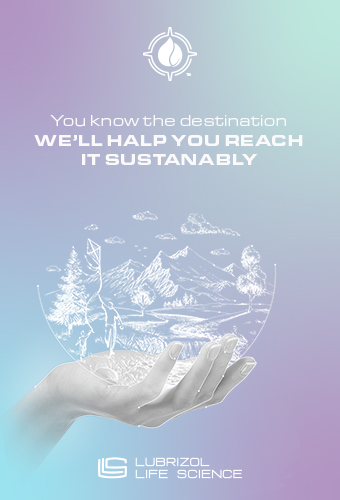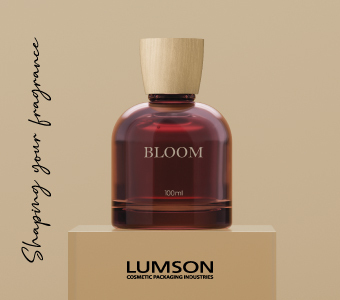Bringing together more than 200 producers of essential oils in France, mainly lavandin [1] and lavender, SCA3P [2] is a cooperative on a human scale that offers the possibility of complete traceability from the field to the bottle, thanks to a business model free of any intermediaries. The cooperative belongs to its producers, who all have the same say in the matter. This contributes to a sales policy that takes production costs and the need of a fair income into consideration.
Local sourcing and sustainability
Of course, the essential oils offered by SCA3P are sourced locally from producers who are members of the cooperative. Producers commit to preserving biodiversity and respecting the environment, as well as valorising the co-products of distillation by selling hydrolats and straws. The cooperative offers real technical know-how and services, both upstream and downstream. Once the oils have been collected, they carry out various stages of filtration, stabilization, quality control and storage before distribution.
"As far as sustainability is concerned, each year we define a list of objectives to make progress on various criteria, and actions to meet them, considering our customers’ expectations through audits. We support producers in implementing these actions, through procedures and face-to-face support when they concern upstream operations. Then, at the end of the season, we carry out an assessment to determine the results, and particularly the remaining areas for improvement," said SCA3P.
And SCA3P’s CSR efforts have paid off! In 2023 the cooperative obtained a UEBT ingredient certification for the ethical sourcing of its Lavandin Grosso essential oil produced by three of their members on the Plateau de Valensole. Furthermore, in 2024, SCA3P was awarded again the Platinum medal by Ecovadis, ranking the cooperative among the 1% most sustainable companies assessed by the organization, with a constantly improving score.
Climatic hazards
For SCA3P, sustainability actions are also a method to address challenges linked to climate change. Indeed, increasing variations in rainfall patterns, with alternating periods of drought followed by periods of heavy rainfall, have a major impact on crops, encouraging the development of insect pests and accelerating plant decline.
"We must manage this phenomenon by researching and developing more resistant varieties, which requires considerable investment, and by adapting cultivation practices. For example, some of our growers use winter cover crops planted between the rows of lavandin, which are a mixture of crucifers and grasses, to meet this challenge. These species store water, carbon and elements contained in the soil, notably nitrates. They also aerate and loosen the soil, while limiting erosion. These cover crops are crushed in early spring to add organic matter to the soil and restore nutrients for the following season. Another example is the recycling of distilled straw used as compost to nourish the soil," explains the cooperative.
Price volatility
In this context, combating price volatility is an important issue for the cooperative, which calls for the implementation of contracts to guarantee farmers’ remuneration.
SCA3P will showcase their iconic ingredients at the World Perfumery Congress (WPC) from June 24-27, 2024 in Geneva, Switzerland, alongside six other independent producers and suppliers of natural perfumery ingredients united in a common stand under the “Naturals Corner” banner.




































